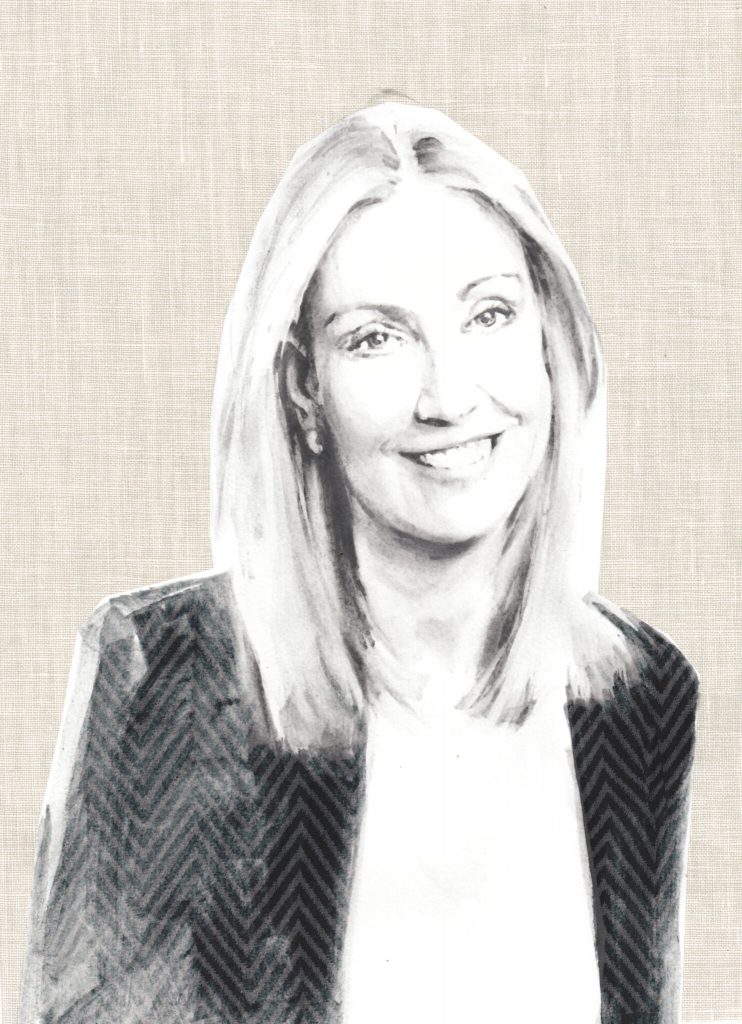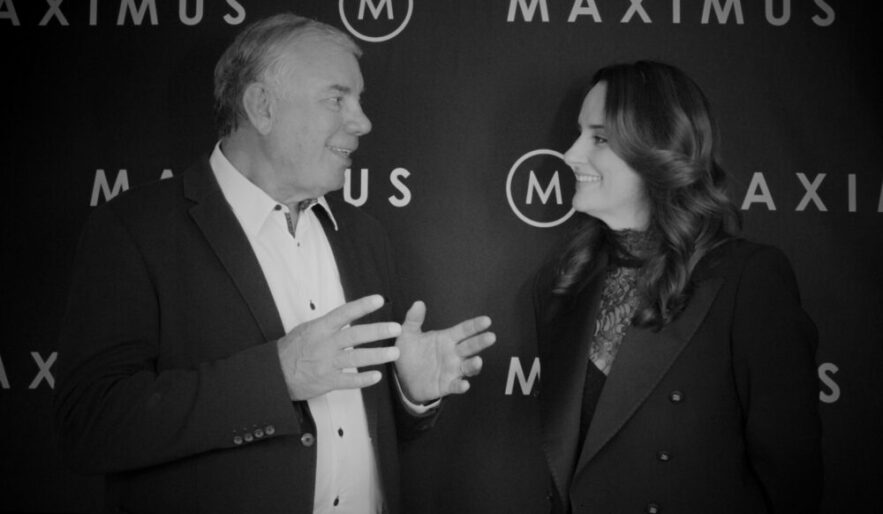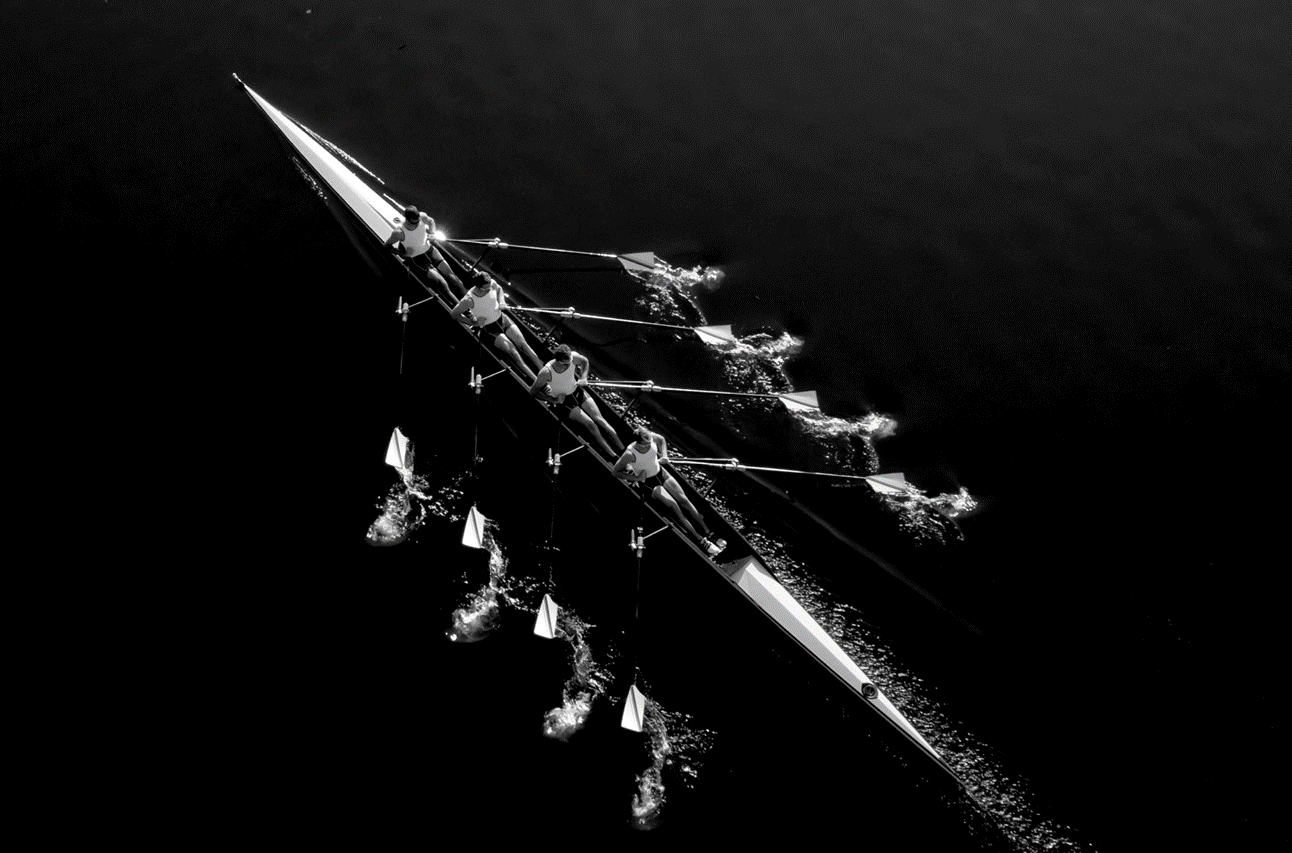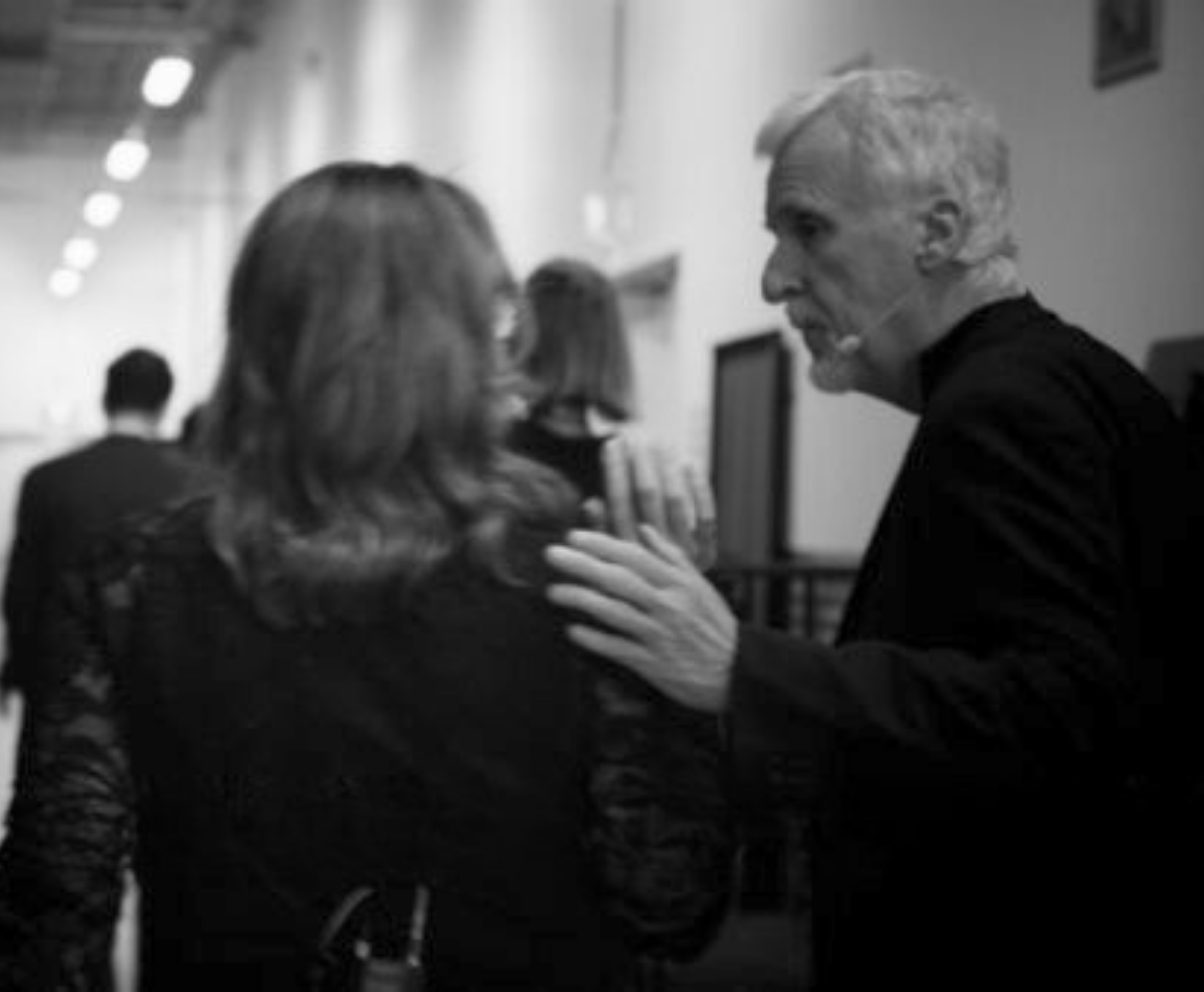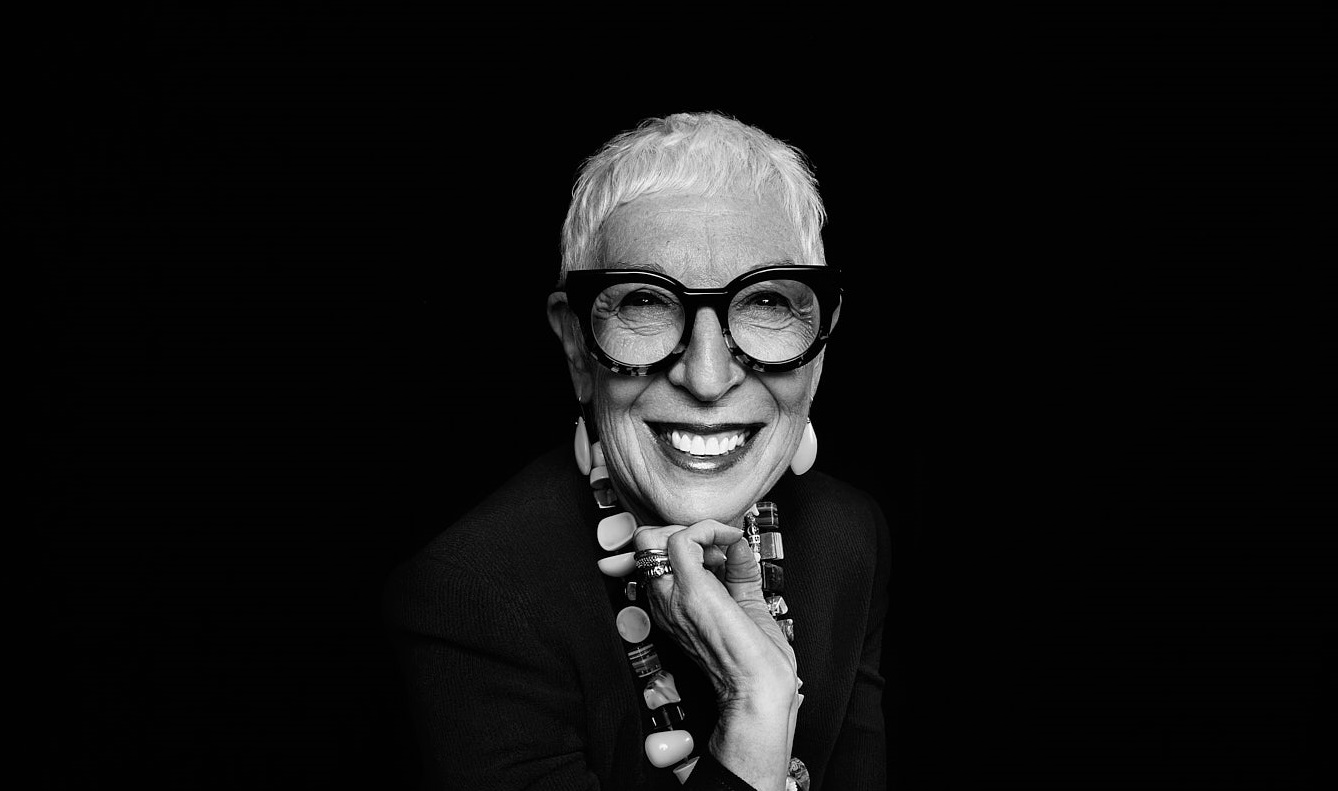“By being a leader who’s open to hearing bad news, you learn so much more”
– Charmaine England, Area Managing Director for Northern Europe at Johnson & Johnson Consumer Health
Brent Duffy: The past two years have been challenging on so many levels. How do you navigate the necessary safety and governance structures in healthcare with the speed that we’ve seen in the sector in the past year?
Charmaine England: We did lots of amazing things as an Australia and New Zealand business last year – and people were the secret recipe to it all. We’re an enormous global organisation and yet in the pandemic we needed to do some things really quickly. We got there thanks to trusted relationships, strong alliances with key partners and customers, and leading from the front with confidence.
BD: I see you as an ambidextrous leader – someone who can nurture the core business while also introducing new innovation. When you think about your leadership style, how would you describe it?
CE: Well, I like being an Aussie running the Northern European business of an American multinational in England! Seriously, I see it as being an umbrella, where you give strong cover and stop the external world beating in. I’m also a sweeper, clearing away the obstacles in the path of people so the team can get things done. Right from the start, I felt the huge responsibility of leading this amazing group of people through a pandemic. I just had to keep saying, “We will get this done.” Once again – getting there is all about relationships and trust.
BD: You talk about the importance of not overreacting to bad news; is that a natural instinct or a protective one?
CE: Not at all, I’m a reformed perfectionist! I have very deliberately trained myself to be able to do this, and I still have to remind myself: don’t react to bad news, dial up the positive. The perfectionist always seeks holes in everything, and I can use that to my advantage in my own time – behind the scenes – to do critical analysis of what’s there and what’s missing. But the only way I can succeed in my job is having the best people around me and letting them get on with it.
In any big organisation, there’s always something going on, good, bad or indifferent. If people don’t feel that they can tell you about something safely, then you have no ability to get in and solve the problem. I have absolutely had to train myself not to react, maybe pinch the palm of my hand, but by doing that you learn things. The key in any business is to get underneath the skin of it, and by being a leader who’s open to hearing bad news, you learn so much more. Then you can work out what’s going on and adapt the strategy as needed. It’s so easy to tell leaders only the good news, and that’s a recipe for failure.
BD: How do you winkle out those details?
CE: It’s really important to not just deal with the top level. I’ve started this new role [England and her family moved to the UK in May 2021] and I’ve got a large leadership team. I’ve very deliberately gone down one-two-three-four levels deep in the organisation. It’s super simple: I ask everyone the same questions: what’s working well, what’s not, what would you do if you were me? I keep doing that, and then I keep playing it back to them. My hypothesis when I go in is that the problems are always known, and usually the solutions are, too. It’s just that no one’s taken the time to listen and look at it with a fresh perspective. When people feel they can talk to you and be heard, it makes a massive difference.
BD: How did you connect with your team through the lockdown in the UK?
CE: I did virtual ‘Breakfast with Charmaine’, because we couldn’t meet. And then I’d ask them the same three questions: what do you love about working at J&J, what frustrates you, and what would you do if you were me. What came out was super consistent, which is what happens when people feel they can talk to you. I had one of my team, perhaps three levels down in the organisation, send me a message and say: “Charmaine, I’m really concerned about something we’re doing with one of our brands, could I speak to you about it?” Absolutely! As long as she feels comfortable telling me, that’s a massive signal to me that I’m making a difference.
At that time, I was saying to them all, if we were in the office or I could travel around and meet you all, we’d be chatting by the water cooler, but we can’t do that and I need to hear from you, and I want to get to know you.
Another thing I was doing was every Monday morning sending out, ‘Note from Charmaine’ – a mix of business and personal. It would have a little bit of what our family did on the weekend, a photo of my children with the packing boxes, and then the business part, too. The purpose of that was to reinforce, ‘what you see is what you get’. There’s no different Charmaine. My children would often join in when I was on a Zoom meeting, and that was fine… I’m the same. The feedback I got about it was great. At one point, I was wondering if I should keep on with the ‘Note from Charmaine’ and said to some of my team that perhaps I’d stop sending them, maybe no one was reading them. They said, ‘No, no, no! It’s Monday morning, we want to know what you’ve done!’ I’ve got three very wild children so there was always a lot of material, but the fact that it was business and personal seemed to connect. They were getting to know me as a person and also my views, and my questions, about the business, too.
BD: That’s where I see the ambidextrous leadership in you – the ability to talk about what’s important in the business and at home. I know you see them as one holistic thing…
CE: Totally. Happy at work, happy at home, vice versa. You can’t split yourself in half. I’ve got a philosophy of ‘give it a go’, that’s why I ended up in the UK in the middle of a pandemic!
BD: What impact does deliberately listening have on you and your team?
CE: I’m strong on WIFs, ‘well-intentioned failures’. I celebrate the many WIFs in my career, because if I’m open about where I’ve made mistakes and what I’ve learnt, people feel it’s OK for them to take risks, too. Healthcare is – for very good reason – quite a conservative industry. All the same, within certain boundaries and whilst continuing to be compliant, you can do things differently. “OK, guys, let me know what the risk is so we’re doing it carefully, and if it goes wrong, I’ve got the umbrella.” It gives them the courage, knowing that I’ll look after them. In a lot of organisations, people are made to feel like they’re putting their neck on the line, that they’re out there alone when trying something new. If that’s the way you work, you will just hunker down and do what you’ve always done, which would mean you wouldn’t do much at all.
For all the negatives of the pandemic, in healthcare we’ve gone ahead five to 10 years in our digital transformation, with the rise of telehealth for example. Now it’s about saying: Look what we can achieve! People who work in healthcare are purpose-driven, we want to change lives. We can build apps to connect patient diagnostics, we can create digital coaches… there is so much opportunity. It’s important that I paint the picture of the possibilities.

